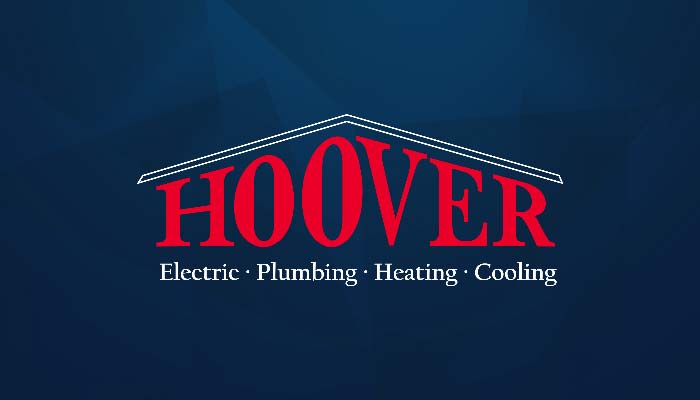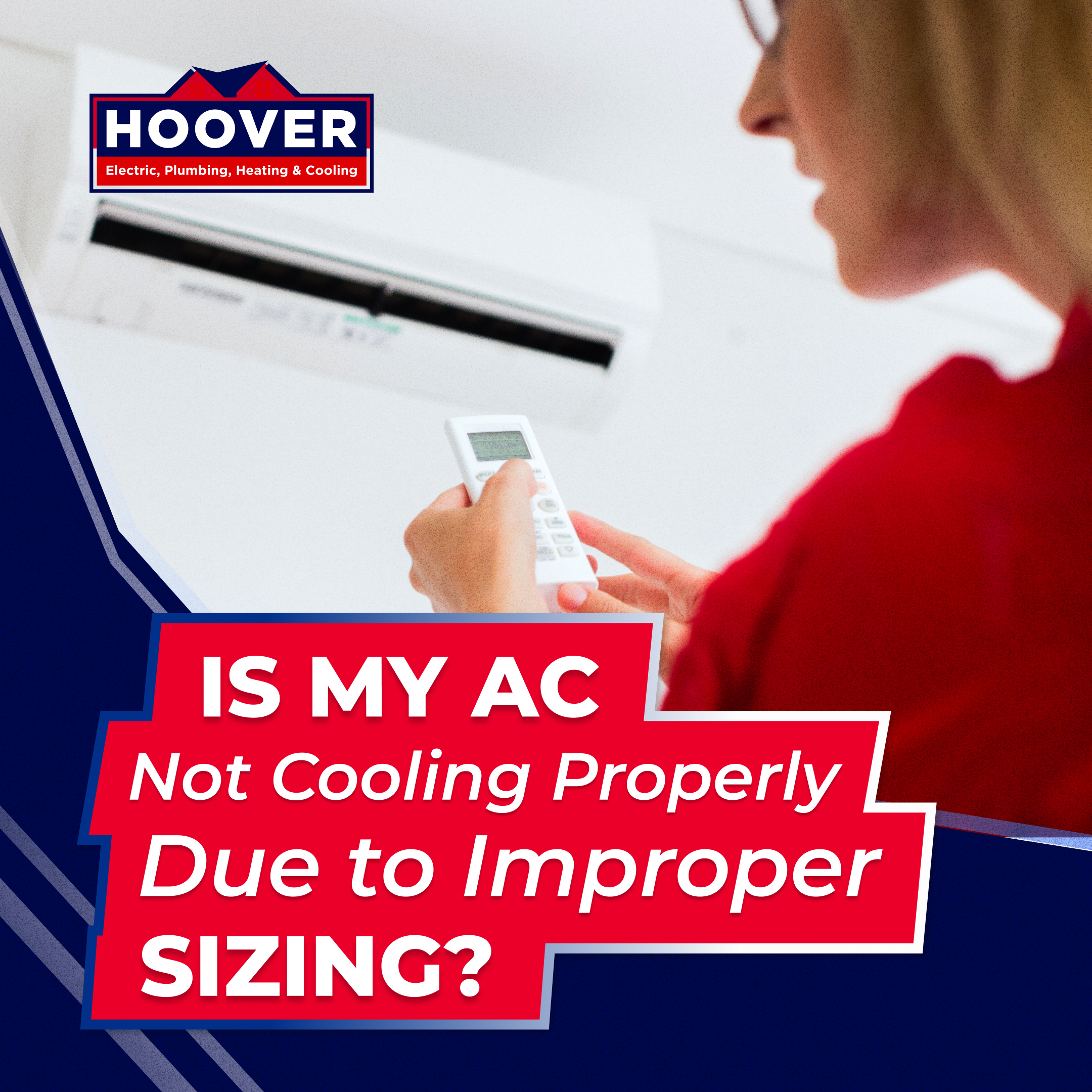
When you begin planning a plumbing repair or project, one of the first things that should be considered is permit requirements. Many times, homeowners think that permits are only required for major remodels and not for the average small project. This is not necessarily the case. Many seemingly small plumbing projects need to be permitted by the county, so it is important to verify the local plumbing permit requirements before any work is done with your skilled plumber.
Most large plumbing projects will require a permit before the work is done. If you hire a skilled plumber to do the job, he will often discuss what plumbing permits are needed in advance. Smaller plumbing work, which can be, more often, handled by the homeowner, may also require a permit to comply with local building codes.
There are national plumbing codes to help standardize work done by skilled plumbers. However, the local state and county regulations must be followed since they supersede all others. For this reason, you must check the local requirements for plumbing and other construction permits, or have your skilled plumber do the paperwork for you.
To be safe, check with your skilled plumber regarding the local building and plumbing codes and laws before starting any plumbing project. Be sure you know what work will require a permit and what can be done without one. Plumbing and building safety codes are put in place for the protection of the public and homeowners, so they should not be ignored. Get a permit whenever it is required for your plumbing project.
The place to check for plumbing permit requirements, if you don’t have your skilled plumber do it, is the building and safety department for the county where your house is located. Most counties have the permit requirements listed on their website. A quick search for “plumbing permits” with your zip code, should take you right to the information you need. The permit information for all trades, including plumbing, should be listed together.
If you cannot find permit requirements listed online you can contact the building and safety department by phone or go to the office in person. It is also a good idea to contact them if you are unclear about the info you get from your skilled plumber. Sometimes the wording for the building code is difficult to interpret, so it is a good idea to double-check.
County regulations are different, but most will require a permit for big plumbing jobs such as those listed below.
Re-pipes: A re-pipe requires changing out all of the water supply pipes in the home, so it is a significant project. Re-pipes are usually done by a skilled plumber and require a permit.
Drain line replacements: Replacing the drain pipes is a large job that will most often require a permit.
Sewer replacement: Any work involving sewer lines is likely to require a permit because of safety codes and coordination with the DWP.
Water Heater: Replacing a water heater is considered a large plumbing project and will most often require a permit from the county. There are water heater safety regulations that need to be observed.
Moving existing plumbing to a different location: Whenever plumbing is moved from one location to another it is considered a remodel. Building code requirements must be observed and a permit will be required.


